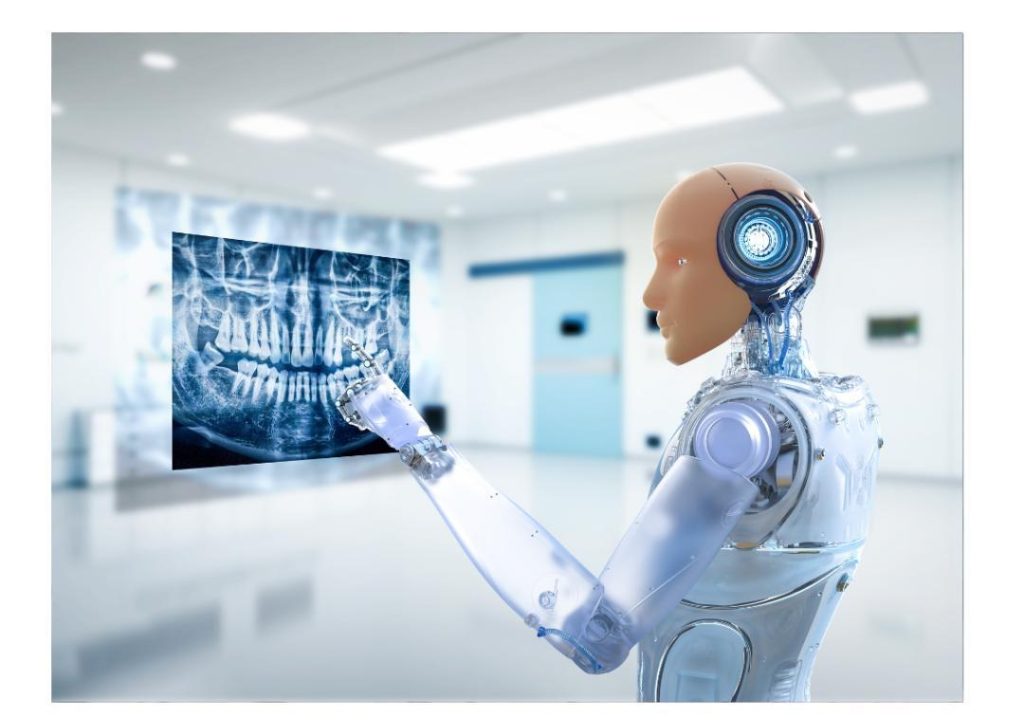
How is Agentic AI different from regular AI?
The world of artificial intelligence has come a long way, and we’ve seen significant advancements in recent years. From virtual assistants like Siri and Alexa to self-driving cars and smart homes, AI has become an integral part of our daily lives. However, there’s a newer and more exciting development in the AI world – Agentic AI. But what exactly is Agentic AI, and how does it differ from traditional AI?
Traditional AI: Reactive and Limited
Traditional AI is designed to process data, respond to commands, and perform specific tasks. It’s reactive, meaning it only responds to external stimuli or commands. For instance, when you ask a virtual assistant like Siri or Google Assistant a question, it provides an answer based on the data it has been trained on. However, it doesn’t have the ability to initiate tasks or plan its actions in advance.
Traditional AI is also limited in its ability to adapt to new situations. It relies heavily on pre-programmed rules and algorithms, which can make it inflexible and slow to respond to changing circumstances. For example, a self-driving car may be able to recognize a red light and stop, but it may not be able to adapt to an unexpected obstacle in the road.
Agentic AI: Proactive and Adaptive
Agentic AI, on the other hand, is designed to be proactive and adaptive. It doesn’t just respond to commands or data – it plans, initiates tasks, and adapts in real-time. Agentic AI has the ability to figure out what needs to be done next and take action without being explicitly told what to do. This type of AI is more human-like in its behavior, as it can make decisions, prioritize tasks, and adjust its actions based on new information.
One of the key characteristics of Agentic AI is its ability to understand cause-and-effect relationships. It can identify the consequences of its actions and adjust its behavior accordingly. For example, a self-driving car equipped with Agentic AI could not only recognize a red light but also adjust its speed and route to avoid congestion and reduce its carbon footprint.
The Benefits of Agentic AI
So, what are the benefits of Agentic AI? Here are a few:
- Increased Efficiency: Agentic AI can automate tasks more efficiently and effectively, freeing up human resources for more strategic and creative work.
- Improved Decision-Making: Agentic AI can analyze large amounts of data and make decisions that are more informed and accurate.
- Enhanced Customer Experience: Agentic AI can provide personalized and proactive customer service, anticipating and meeting customer needs before they even ask.
- Increased Agility: Agentic AI can adapt quickly to changing circumstances, allowing businesses to respond rapidly to new opportunities and challenges.
Real-World Applications of Agentic AI
Agentic AI has a wide range of potential applications across various industries. Here are a few examples:
- Healthcare: Agentic AI could be used to develop personalized treatment plans for patients, taking into account their medical history, lifestyle, and genetic predispositions.
- Financial Services: Agentic AI could be used to analyze market trends and make investment decisions, reducing the risk of financial loss.
- Manufacturing: Agentic AI could be used to optimize production processes, predicting and preventing equipment failures and reducing waste.
- Education: Agentic AI could be used to develop personalized learning plans for students, adapting to their learning style and pace.
The Future of Agentic AI
As Agentic AI continues to evolve, we can expect to see even more exciting applications across various industries. With its ability to plan, initiate tasks, and adapt in real-time, Agentic AI has the potential to transform the way we live and work. Whether it’s in healthcare, finance, manufacturing, or education, Agentic AI is sure to make a significant impact.
Conclusion
In conclusion, Agentic AI is a game-changer in the world of artificial intelligence. Unlike traditional AI, which is reactive and limited, Agentic AI is proactive and adaptive, able to plan, initiate tasks, and adapt in real-time. With its ability to understand cause-and-effect relationships and make informed decisions, Agentic AI has the potential to revolutionize the way we live and work. As we continue to explore the possibilities of Agentic AI, we can expect to see even more exciting developments in the years to come.
News Source:






